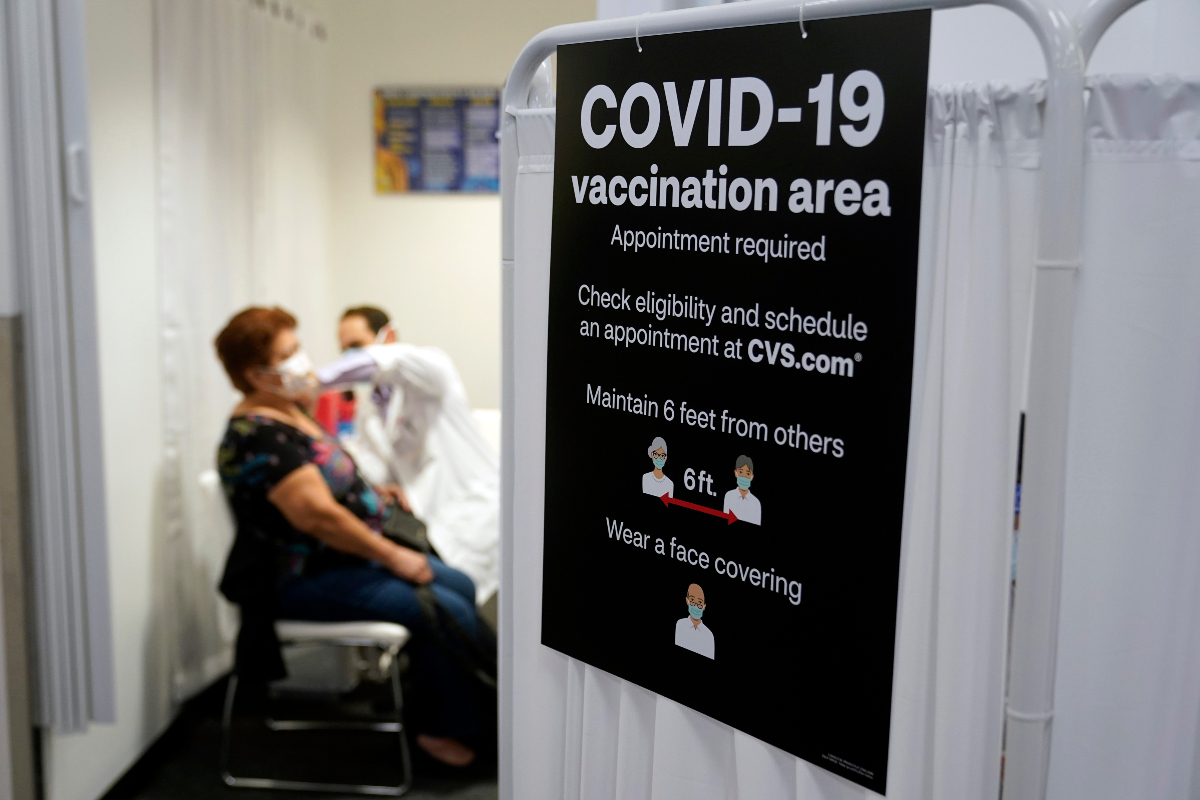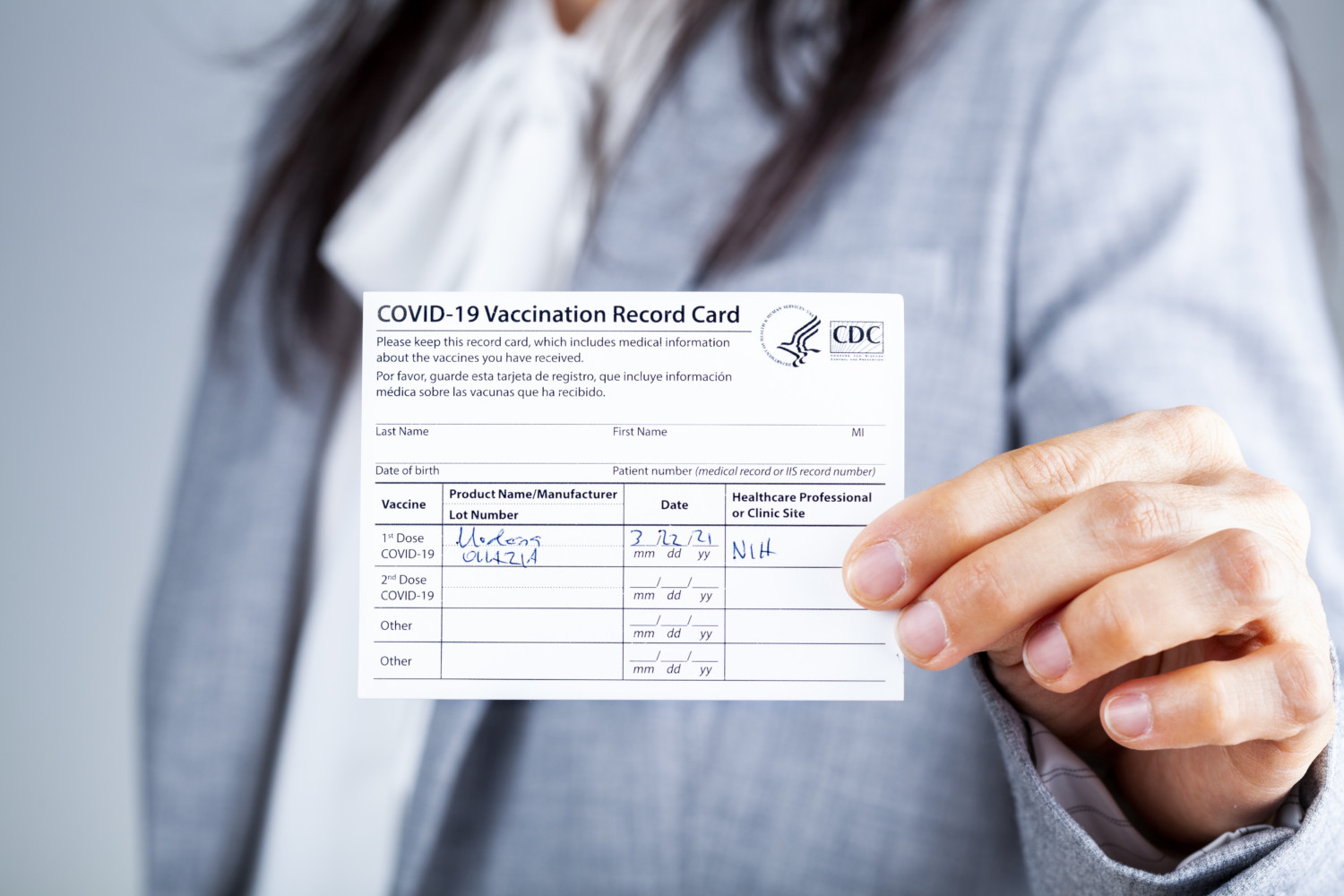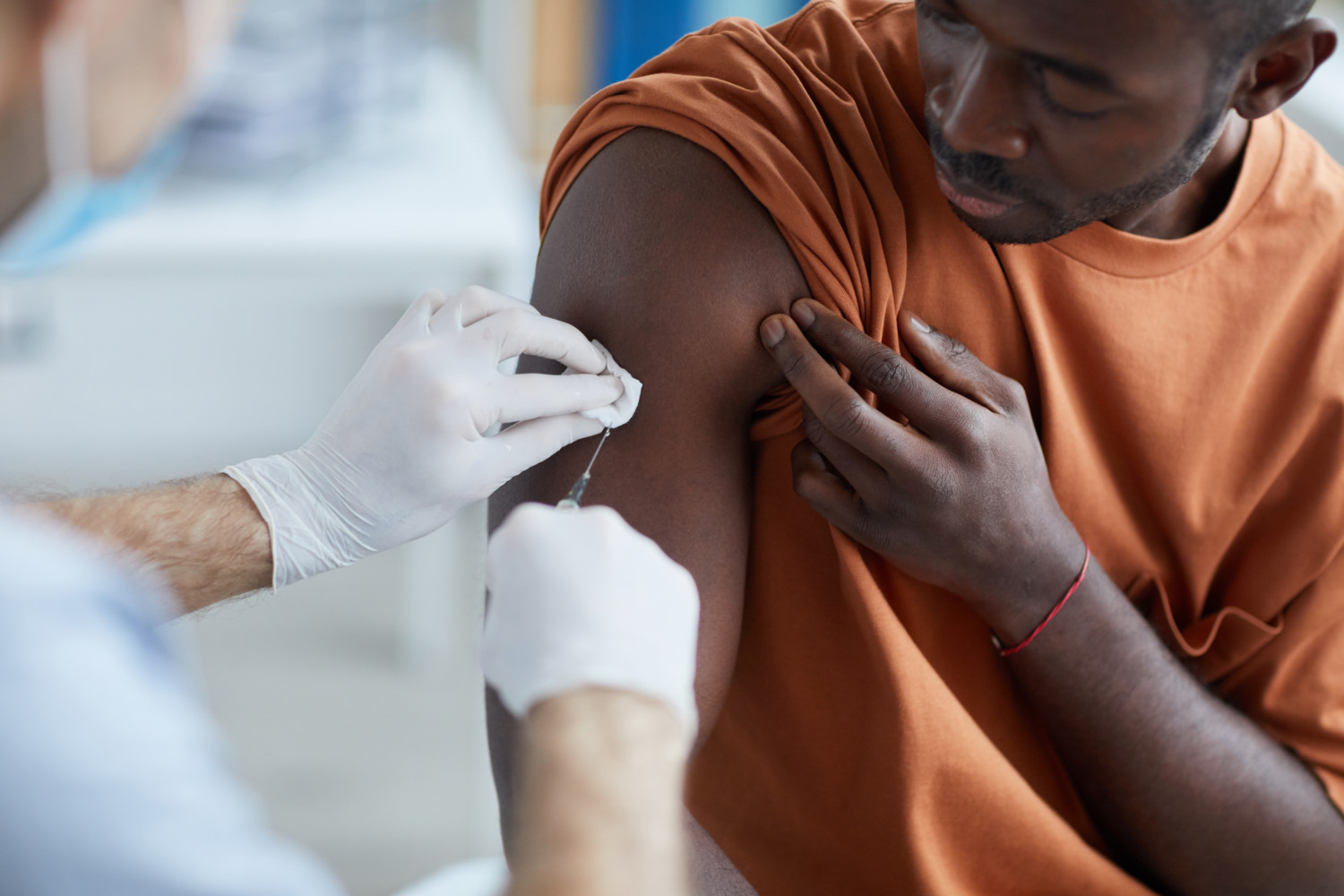What happens and what to do if you miss your second COVID shot
According to the Centers for Disease Control and Prevention (CDC), nearly 148 million people have received at least one COVID-19 vaccine shot in the United States. More than 100 million people (or almost one-third of the population) are fully vaccinated. However, nearly 8% of people who received their first shot of the Pfizer or Moderna vaccine have missed getting their second dose.
The reasons for missing the second shot vary. Some people fear the side effects or believe that a single dose is effective enough. In some instances, it is because providers don’t have the right vaccine in stock.
But whatever the cause, getting that second shot is important. According to the Cleveland Clinic, receiving both doses of the Pfizer or Moderna vaccine gives you better protection against COVID-19 and helps protect your community.
What Happens If You Miss Your Second Shot?
Receiving just the first shot means you’re not as protected from COVID-19 as you would be with both shots. Yes, you are somewhat protected after one shot, but this protection may not last as long as the protection from both shots. Plus, with only one shot, you may not be guarded against some of the newer virus variants.
“This is because a different type of immune response is stimulated by the second shot,” Ahmad Kamal, MD, vice chair of internal medicine at Santa Clara Valley Medical Center, told Health.
Only receiving one shot can also lower the efficacy of vaccination for your household and community because peoples’ antibody responses to just one dose can vary (and this is especially true for older adults), but antibody responses to two doses has been high across all age groups.
“Not everyone is mounting the same response, getting the same level of immunity after their first dose,” Oluwatosin Goje, MD, told the Cleveland Clinic’s Health Essentials publication. “Even if everyone in your house has gotten their first dose, that doesn’t mean everyone has the same protection. By making sure everyone gets their second dose, we’re protecting ourselves, our families and our community.”
What Should You Do If You Missed Your Second Shot?
You can — and should — still get the second shot, even if you missed or couldn’t schedule your appointment for it. The timing between your first and second shots depends on the vaccine brand you received first. Recipients of the Pfizer-BioNTech COVID-19 vaccine should get the second shot 21 days after the first. Recipients of the Moderna COVID-19 vaccine should get the second shot 28 days after the first. Getting the second dose as close to the recommended interval as possible is best, but you can receive the second shot up to six weeks (42 days) after the first one.
Although there is limited information on how effective it is to receive the second dose of a COVID-19 vaccine later than the six-week window that is the current maximum recommendation, the CDC states that you do not have to restart the vaccination process if you miss your second shot. While the agency might update this guidance as more information becomes available, experts state that it is better to get the second shot late than not to receive it at all.
“There isn’t going to be any shaming if you get the vaccine months later,” Dr. Diana Cervantes, assistant professor of epidemiology at the University of North Texas Health Science Center at Fort Worth, told the Texas Tribune. “I know people might be hesitant if they missed their second dose. But it’s never too late.”
To find a COVID vaccine provider near you, go to vaccines.gov and enter your zip code.




